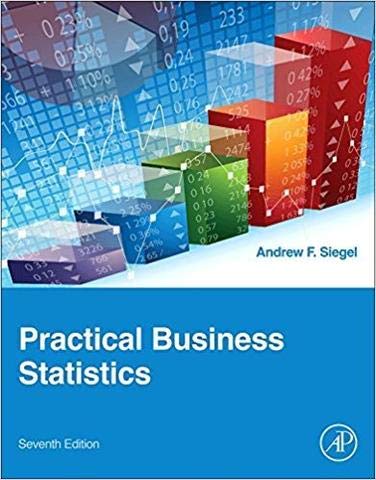This Craft of Verse (The Charles Eliot Norton Lectures)
₱2,162.00
Product Description
Available in cloth, paper, or audio CDThrough a twist of fate that the author of Labyrinths himself would have relished, these lost lectures given in English at Harvard in 1967-1968 by Jorge Luis Borges return to us now, a recovered tale of a life-long love affair with literature and the English language. Transcribed from tapes only recently discovered, This Craft of Verse captures the cadences, candor, wit, and remarkable erudition of one of the most extraordinary and enduring literary voices of the twentieth century. In its wide-ranging commentary and exquisite insights, the book stands as a deeply personal yet far-reaching introduction to the pleasures of the word, and as a first-hand testimony to the life of literature. Though his avowed topic is poetry, Borges explores subjects ranging from prose forms (especially the novel), literary history, and translation theory to philosophical aspects of literature in particular and communication in general. Probably the best-read citizen of the globe in his day, he draws on a wealth of examples from literature in modern and medieval English, Spanish, French, Italian, German, Greek, Latin, Arabic, Hebrew, and Chinese, speaking with characteristic eloquence on Plato, the Norse kenningar, Byron, Poe, Chesterton, Joyce, and Frost, as well as on translations of Homer, the Bible, and the Rubáiyát of Omar Khayyám.Whether discussing metaphor, epic poetry, the origins of verse, poetic meaning, or his own “poetic creed,” Borges gives a performance as entertaining as it is intellectually engaging. A lesson in the love of literature and in the making of a unique literary sensibility, this is a sustained encounter with one of the writers by whom the twentieth century will be long remembered.
Review
“Borges started to make a living by lecturing after overcoming the shyness that made him stutter, marring his early years. Although he never lost entirely the fear of large audiences, he managed to make a master form out of the public lecture genre. Some of his best essays were first delivered as talks, mostly in the English tradition of confession, wit, and eloquence. This performance of intelligent intimacy with the audience gave his rich commentary and bright summation a conversational tone and the poignancy of a revelation. Borges had an epiphanic view of reading, and to him literature was a memory of the exceptional. These lectures have that elegance and edge, indeed the beauty of the best possible library on the happiest of islands.”
―
Julio Ortega, Brown University
“In
fThis Craft of Verse, [Borges] discusses some of his favorite texts, conducting a literary journey that began in his father’s library in Buenos Aires…The unhurried flow and warmth of these talks produce a sense of intimacy, Borges’s enjoyment infecting the audience…Borges’s ultimate gift is his unwavering belief in the world of dreams and ideas, the sense that life is “made of poetry.””
―
Micaela Kramer
,
New York Times Book Review
“Jorge Luis Borges is inarguably the most influential Latin-American essayist and short-story writer of our time. To spend a few hours in [his] company, even on the page, is a civilized entertainment not to be missed…[Borges] emphasizes the power of poetry to work its magic…I would have given a lot to have been at Harvard in the audience when this courtly man of letters looked “upward with gentle and shy expression on his face, seeming to materially touch the world of the texts” and spoke about the poems and books he loved most.”
―
Michael Dirda
,
Washington Post Book World
“If few writers in history have been as prodigiously learned as Borges, certainly none wore their learning so lightly or humbly…[The lectures] display the eloquence and erudite, offhand wit familiar from his writings as well as a charming, plainspoken modesty. Ostensibly about poetics, the talks were an occasion for Borges to review his lifelong relationship with literature, including his pa













